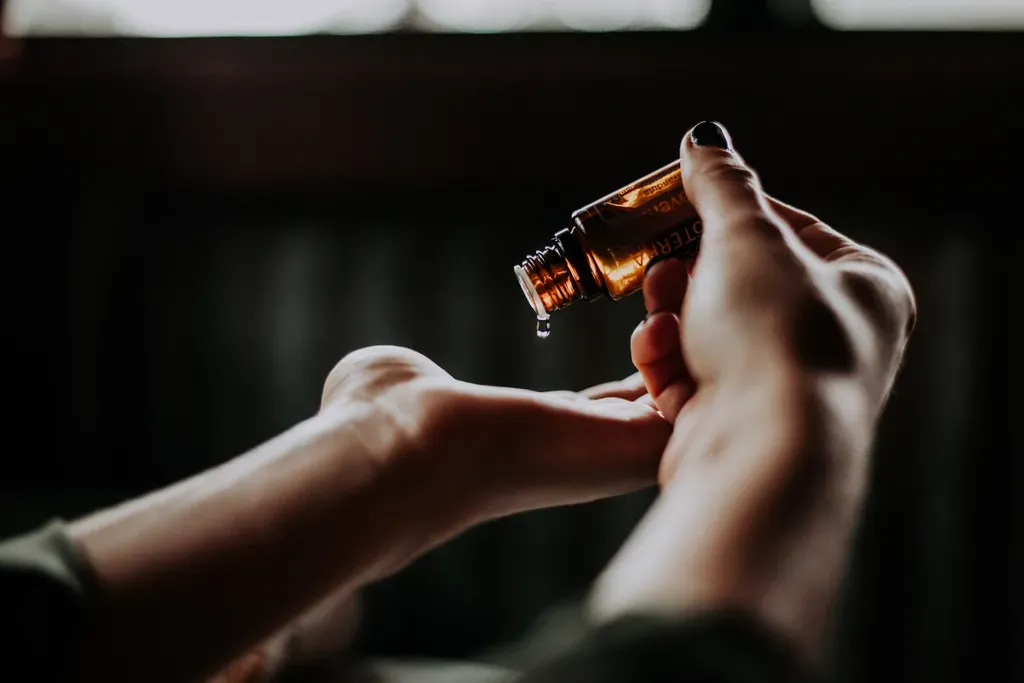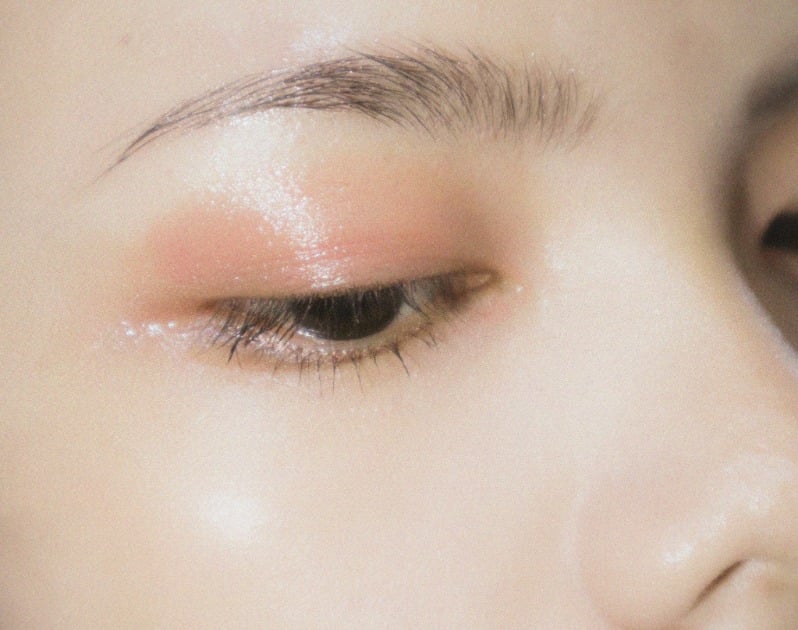How to Prevent Cracked, Dry Hands
Our hands go through so much during the course of a day, but it’s the part of the body that most of us take for granted. With frequent handwashing, hand sanitizer, and centralized heating, our hands are the first place that shows daily wear and tear.
Although dry hands can look unsightly, if left alone, painful cracks and fissures can start forming which can lead to infections. Before you get to that stage, here are some tips to keep your hands in check:
Gloves: While handwashing is a fact of life, there are other ways to minimize your contact with water. If you regularly wash dishes or even clothing by hand, then a simple pair of gloves can serve as a protective layer between your hands and water. Tap water often contains skin drying minerals such as calcium, copper, iron, and magnesium. Added to that, if you are using soap, then you are including surfactants that often strip the skin of its moisture barrier. While regular handwashing is a necessity and unavoidable, by incorporating the use of gloves, you are minimizing the drying effects of water and soap.
Moisturize: This should be a no-brainer, but it’s interesting how easy it is to forget to moisturize after washing your hands. Like any new habit, you want to create constant visual reminders to hydrate your hands after washing. I keep a bottle of lotion right by the sink in my bathroom, but also in the kitchen, on my desk, and a travel size bottle in my purse. By keeping multiple bottles of lotion around the house, I don’t give myself a chance to forget moisturizing after washing. I find that if I don’t apply cream after I wash my hands, then the cream just sits on top of my hands rather than fully absorbing into my skin.
Ointment: When my hands get dry, I believe in layering different textured moisturizers. During the day, I will often apply Cetaphi’s Moisturizing Cream or Eucerin’s Skin Calming Cream, but at night I make sure to use that time to use ointment that contains petrolatum as an overnight treatment. Before heading to bed, I will apply a thick layer of regular moisturizer and then follow with a layer of CeraVe’s Healing Ointment on the tops of hands. The tops of the hands are the most visible, so the ointment does a great job in healing daily aggressors of water, soap, and external heat. What I love about CeraVe’s ointment is that the petrolatum is bolstered by ceramides which work to repair damaged skin
I know that some might suggest using cotton gloves at night to seal in the moisturizer. While I do find it effective, I also find it annoying! I can never make it through the entire night with gloves. I always find that my hands feel suffocated, and I end up peeling off the gloves after a few hours. But, if your hands are extra dry, then using cotton gloves is an effective way to ensure a protective layer on top of your lotion.
Hand Mask: If wearing gloves overnight doesn’t sound appealing, then there try using a hand mask. These are treatments that come in the form of disposable gloves that you use once and the discard after your treatment. Hand masks are ideal for those who are short on time and need a treatment that mimics wearing gloves overnight. You simply wear the gloves for 10-15 minutes and let the moisturizing treatment soak into your skin. After you take them off, you can rub the residual mask into your hands until fully absorbed. If you’re looking for a more spa-like experience, then you can find paraffin hand masks which offer spa-like results at a fraction of the price.
Hand Soap
Washing your hands throughout the day can do a number on your hands. Many soap contain surfactants that work to lift harmful bacteria from your skin, but in the process, they also get rid of the natural oils needed to keep your hands moisturized. To minimize the damage of multiple hand washings, look for soaps that contain humectants such as glycerin and panthenol. Humectants help your skin to retain moisture and keep it well hydrated even after washing.
Last Resort
Sometimes, even with the most thorough treatments, your hands will need more serious help. If you tried everything at home, and nothing has helped, then it’s time to see a Doctor for medical guidance. They may end up prescribing a steroid cream to combat more serious symptoms of dryness and inflammation. Steroid creams are not meant to be used long term, so it is best to be under the guidance of a medical professional so that you don’t suffer from adverse effects.
Keeping up with regular hand washing will ensure that you can keep harmful germs at bay. While frequent exposure to water and soap can dry out the skin on our hands, there are also simple ways we can keep them hydrated and happy. By incorporating few simple habits, reminders, and products around your house, you can take active steps in alleviating your skin’s exposure to the environmental elements.








